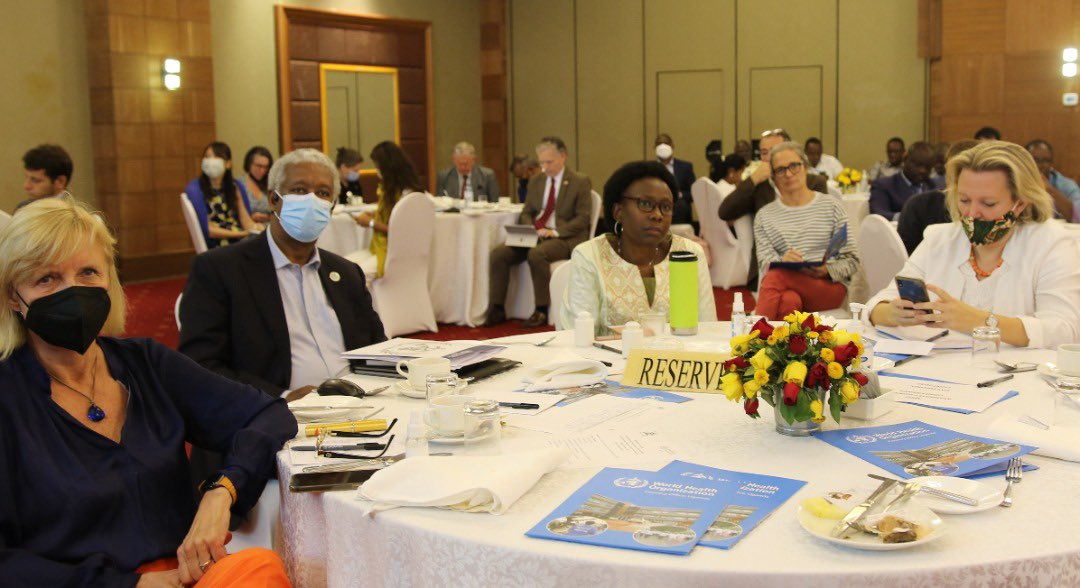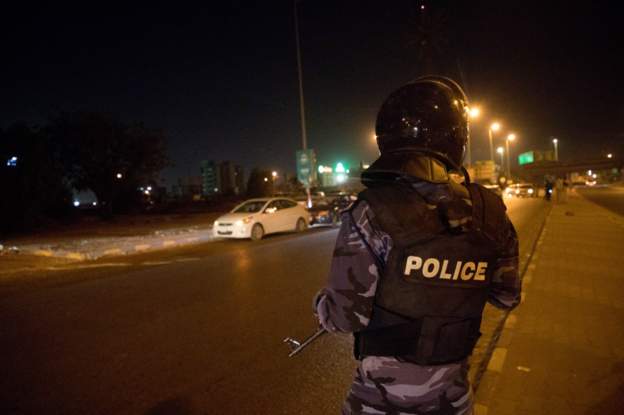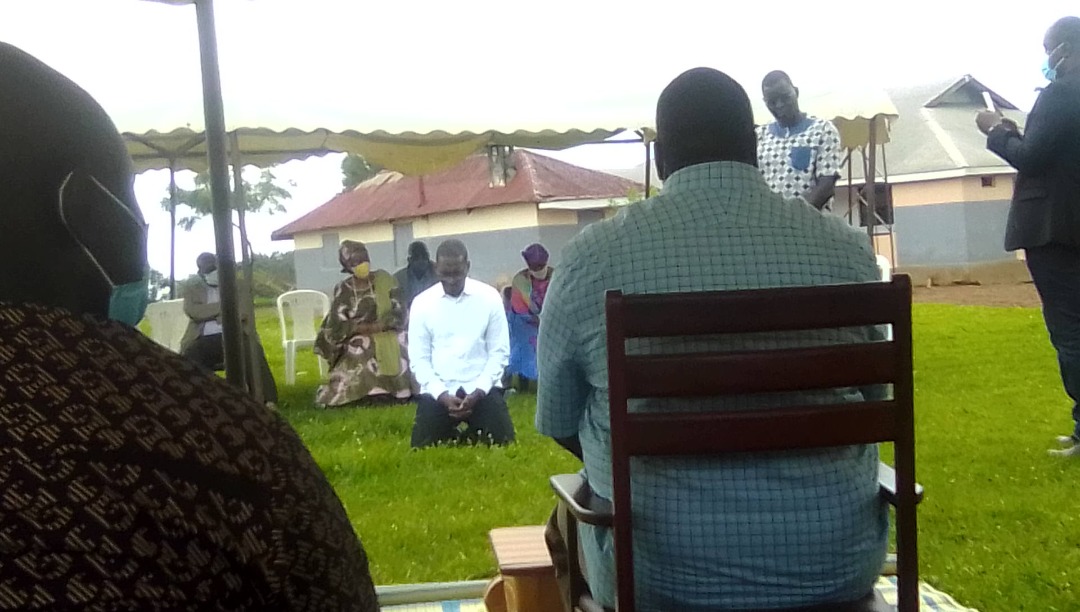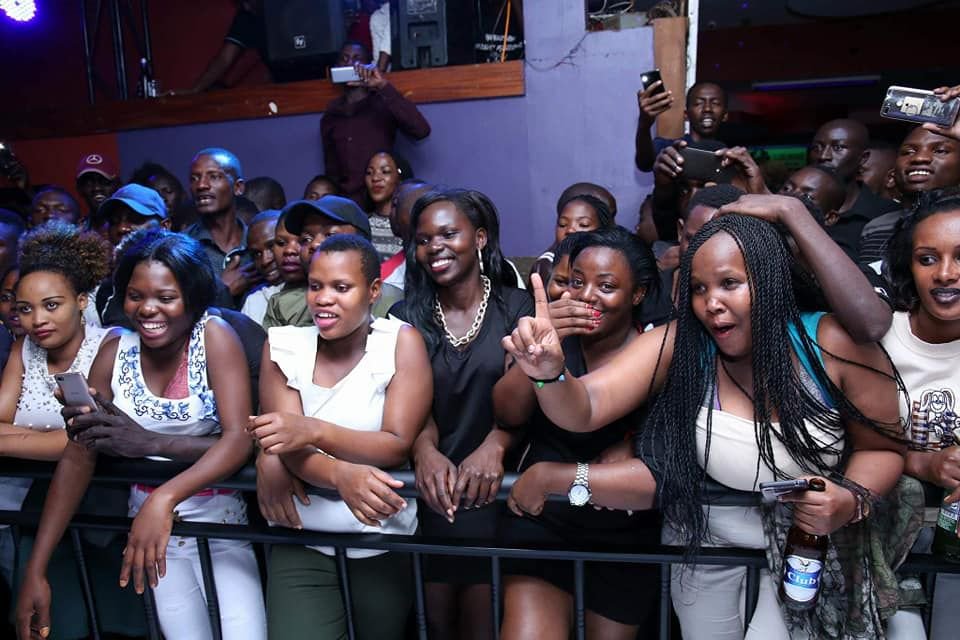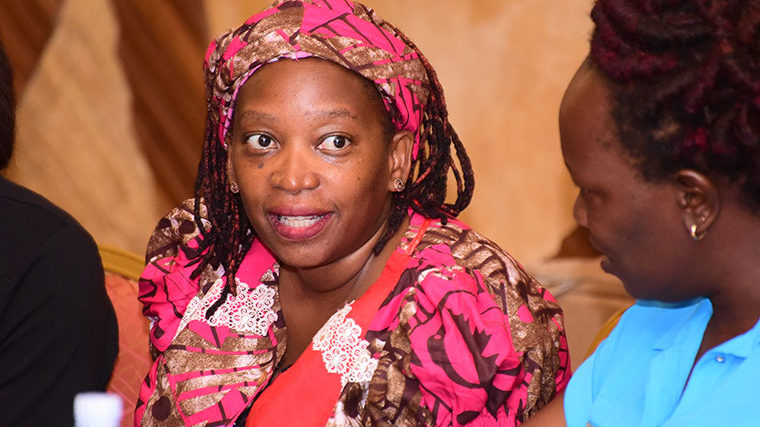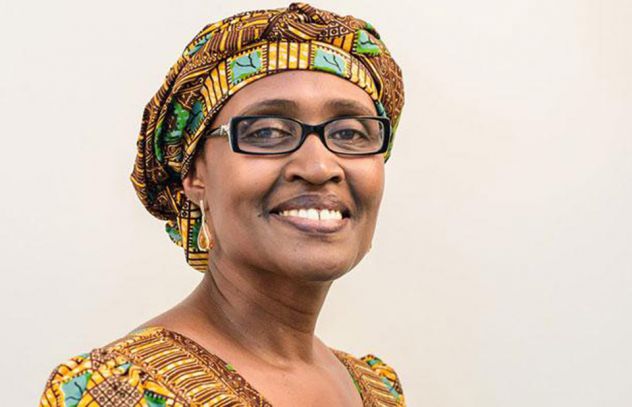The Ministry of Health wants 65billlion Shillings to finance activities related to the prevention of transmission of Ebola Viral Disease and treatment.
Health Minister Dr. Jane Ruth Aceng told journalists on Saturday just after a closed-door meeting with a number of donors and officials from the World Health Organisation -WHO, that this money is still way below the amounts they would ideally need to put everything in place.
But she says that this will push them to at least fund vital areas of treatment and surveillance which will extend to the affected districts and those around them.
By Saturday, the country had recorded thirty – five cases picked from the districts of Mubende, Kyegegwa, Kasanda and Kagadi. Of these, sixteen cases were in admission whereas seven had succumbed to the viral hemorrhagic fever.
More than 420 other people are listed for follow–up as they came into contact with the confirmed cases. All this, Aceng says, needs a huge investment of money for surveillance.
While Uganda has managed seven similar outbreaks before, this time Aceng acknowledges there were delays to detect the problem in the community and a lot of people got infected unknowingly due to surveillance gaps.
However knowing that the first case was first treated at a private facility and the fact that private health providers have been part of the COVID-19 response, URN asked private healthcare providers about their involvement in the outbreak.
Grace Kiwanuka, the Executive Director of the Uganda Healthcare Federation said for the city, Kampala City Council Authority -KCCA trained health workers from private facilities on Wednesday on how to collect lab samples and how to rightly wear Personal Protective Equipment and transport samples. She says unlike COVID-19, private laboratories cannot conduct Ebola testing.
On his part, Dr. Ian Clarke, the founder of the International Hospital Kampala explained that it’s tricky to allow every health provider to participate in Ebola treatment since the disease is very contagious.


